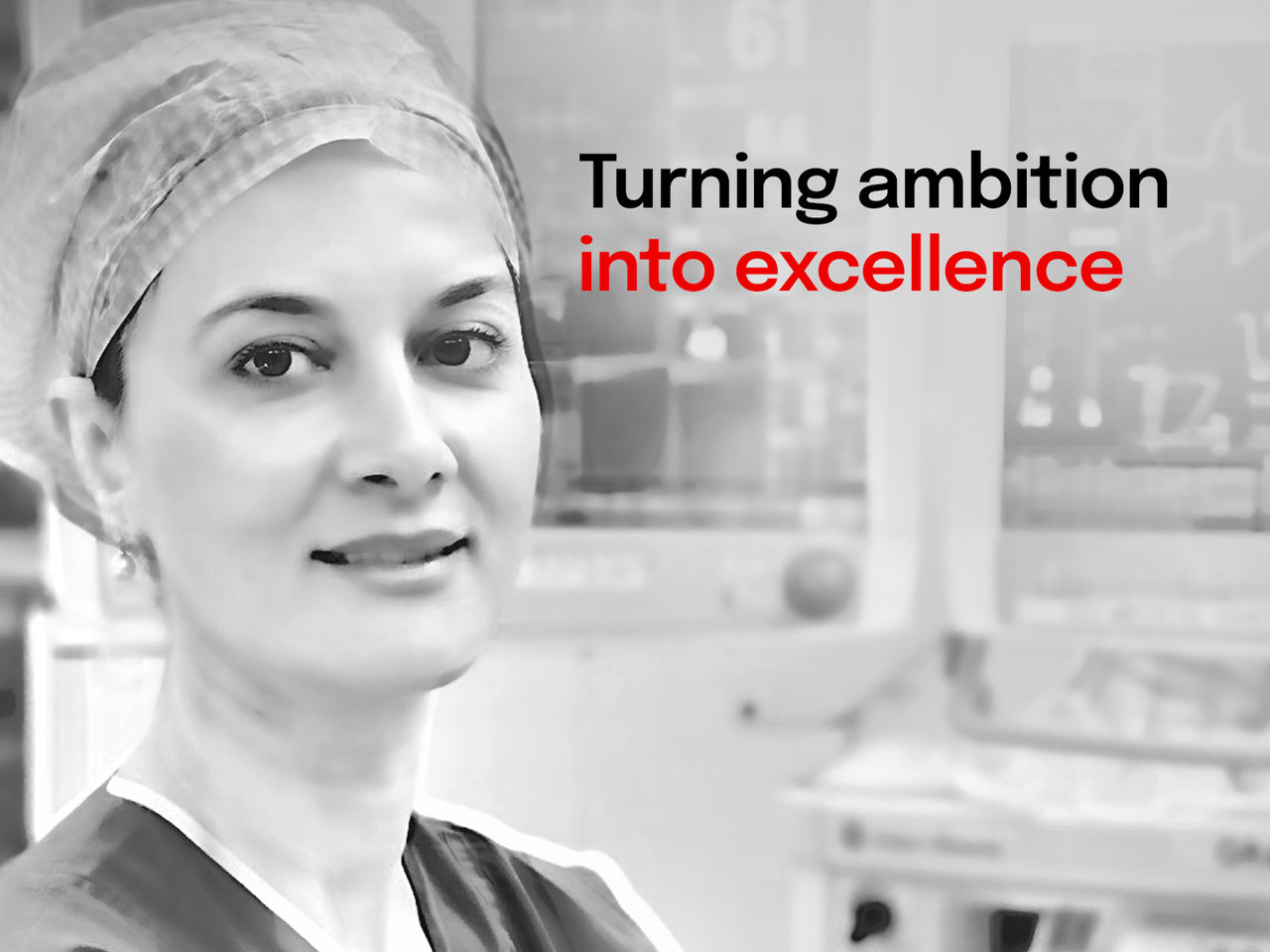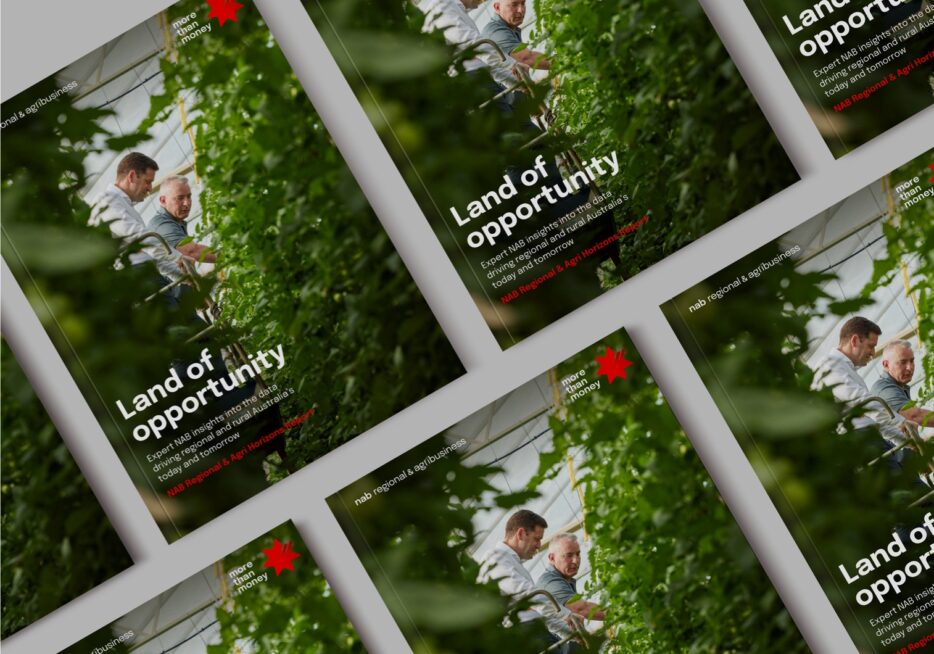May 13, 2025
Case studies
September 9, 2022
A brilliant career built on dedication and determination
“I feel very fortunate to do what I always wanted to do.” President of The Australian & New Zealand Association of Oral & Maxillofacial Surgeons Dr Patrishia Bordbar tells us about her incredible journey from a young girl in Iran to her career today as a renowned surgeon.
By Health View

Achieving a long-held ambition
By the time she was 13 years old, Patrishia Bordbar had left behind her home in Tehran during the Iran-Iraq War, lived and studied for two years in Germany, then settled in Australia. Even at that young age, she was determined to become a surgeon.
“When we immigrated to Australia in the 1980s, it really did seem like a place where you could achieve your dreams – I felt nothing was impossible or off limits to me,” Patrishia says.
“I am very fortunate to do what I always wanted to do. Surgery is my job, my responsibility and my passion.”
Patrishia’s pathway to today
Patrishia was initially accepted into dentistry at Melbourne University. Her fate soon changed when, as a 17-year-old dentistry student, she attended a presentation by oral and maxillofacial surgeon Professor Bruce Levant. “I didn’t know exactly what an oral and maxillofacial surgeon did,” she says, “but when he showed us how he worked with cleft lips and palates, cancers, gunshot wounds – as corny as it sounds I just fell in love… I was sold.”
And so began an extraordinary career that has transformed hundreds of lives yet which she considers to be her privilege.
In order to practise in the field, though, Patrishia found she would need degrees in dentistry and medicine, as well as further specialised surgical training. Undaunted, she set off to gain exactly those.

Driven by determination
“I followed every step,” she says.
“By the time I was 22, I was a senior house officer in maxillofacial surgery in England,” she says. “I’d agreed to work for my first month for free despite having no money. Luckily, I did have a credit card with an $8,000 limit – a lot of money in 1990s – so I used that to cover my flight and all my expenses. I did get paid, of course – they’d just been putting me to the test – but without that credit card there was no way I could have accessed that training opportunity.”
Later, when she applied for entrance into her chosen field of surgery, it helped also that she had obtained the highest mark in her Part I College examinations.
In Australia, oral-maxillofacial surgery is such a specialised area that full-time hospital positions are almost non-existent. In order to practise the full scope of surgery, surgeons like Patrishia work across the public and private health systems.
“My work in the public system is very rewarding, as I am privileged enough to treat patients with complex facial defects and trauma as part of a multi-disciplinary team,” she says. “On the other hand, in Australia, it is mostly the private system that caters for patients needing treatment of elective mouth, face and jaw conditions.”
The road to her own practice
The journey to start her own private practice commenced when Patrishia joined a large group practice, where she also had an opportunity to learn about running a business.
“No-one teaches you about the commercial side of the work when you’re studying medicine,” she says.
Ten years ago, when Patrishia was pregnant with her second child, she started the search for a suitable location for her own practice.
“We opened the doors to our practice, OralMax Surgeons, in 2016,” she says. “Finding the right location was key – we have a very welcoming and modern practice environment, located right in the heart of Melbourne on Collins Street.”
Patrishia’s advice to anyone looking to establish their own practice is to think ahead and be conscious of emerging trends in order to future-proof the business. While she could not have predicted the pandemic-related workflow changes, OralMax Surgeons was well equipped to deal with the digital transformation that resulted, including telemedicine, virtual surgical planning and 3D printed technologies. Even before the pandemic, Patrishia regularly planned her surgical procedures in conjunction with software engineers in the US and Europe.
Patrishia has been banking with NAB for over 25 years and considers the relationship to be an important business partnership.
“The most important thing for me is knowing that if I tell my banker, ‘We need to make this happen’, and explain what I want to do, as long as it makes commercial sense NAB will support me as a partner,” she says.
Making a global impact
By restoring form and function, Patrishia is able to improve her patients’ quality of life, which she says is the most rewarding aspect of her career. She is also passionate about training future generations of surgeons and is committed to giving back to the profession through her professional leadership roles.
“My journey has taken me around the world, and I have been fortunate to live, visit and work in many places that have a very different experience to here,” Patrishia says. “I have had the privilege of visiting India and volunteering there as a surgeon, treating patients with cleft lip and palate. I now train surgeons from around the world, including India, to expand their skills and knowledge. I enjoy the global relationships I have developed.”

A fortunate life
Patrishia sees herself as very fortunate in terms of the work she does and the support she’s received.
“There is sometimes the stereotypical perception that women, particularly those from other cultural backgrounds, have few opportunities,” she says. “Similarly, that surgery is a boys’ club. On balance, I have not experienced that.
“I have enjoyed fantastic support from my family in pursuing my career. Likewise, I have enjoyed the mentorship and support from my senior colleagues during my surgical journey. Now, I aim to provide that same encouragement and mentorship to the next generation.
“My final advice to anyone who plans a career in surgery is to be prepared to work hard and put in long hours, but make sure you build in some breaks”. For Patrishia, that is regular travel and swimming and skiing in her downtime.
Case studies Health


